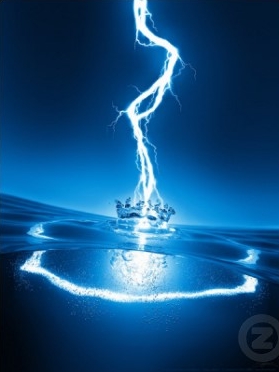Why is electricity so hard to understand?
 It's been a busy few months on different projects or busy couple of decades depending on how I look at it. I can say that on the odd (frequent) occasion when trying to explain something (i.e. electricity) I felt like banging my head against the wall. To be fair to everyone this does include talking to electrical engineers as well as non-electrical types. I have found out that I'm not the only one to wonder why it is difficult to understand electricity and as it turns out the answer may not simply be that everyone else is not quite with it.
It's been a busy few months on different projects or busy couple of decades depending on how I look at it. I can say that on the odd (frequent) occasion when trying to explain something (i.e. electricity) I felt like banging my head against the wall. To be fair to everyone this does include talking to electrical engineers as well as non-electrical types. I have found out that I'm not the only one to wonder why it is difficult to understand electricity and as it turns out the answer may not simply be that everyone else is not quite with it.
The link below is for an article by someone called William Beaty where he has collected a lot of misconceptions and put them together to illustrate perhaps why it is a difficult concept to understand. In a strange way if you read it (and beware before you start it is a long winded page), it does spread some light on why there is of confusion.
Why is electricity so hard to understand?
If in fact it does the opposite and confuses you even more than that may not necessarily be a bad thing. At least you know will know you need more guidance and hopefully see that visiting myElectrical.com more often is a good thing.